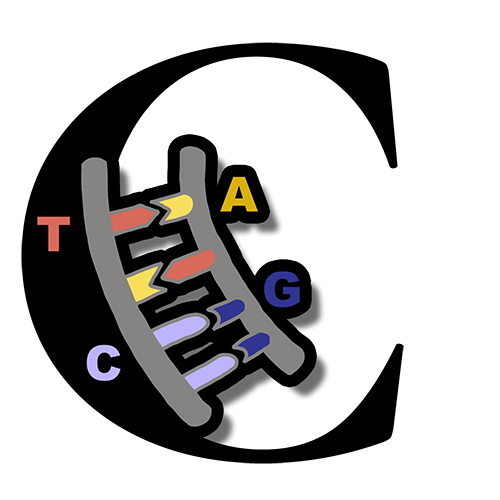CRISPR and the Pancreas for Diabetes patients
In terms of using CRISPR to help the pancreas produce beta cells, there is ongoing research in this area that is very exciting. Beta cells are the cells in the pancreas that produce insulin, and their dysfunction or loss is the underlying cause of type 1 and type 2 diabetes. Scientists have explored using CRISPR to modify the genes in beta cells to improve their function or to convert other cells in the pancreas into beta cells.
One approach involves using CRISPR to modify the genes in existing beta cells to improve their function. For example, scientists have used CRISPR to knock out genes that inhibit beta cell proliferation, which could potentially increase the number of beta cells in the pancreas. Other studies have used CRISPR to modify the genes that control insulin production and secretion, which could improve beta cell function.
Another approach involves using CRISPR to convert other cells in the pancreas into beta cells. Scientists have used CRISPR to modify the genes in non-beta cells to induce them to become beta cells. This process is called cellular reprogramming, and it has shown promise in animal models of diabetes.
While these approaches are still in the early stages of development, they hold promise for the future of diabetes treatment. However, there are still many challenges that must be addressed, including optimizing the CRISPR technology for in vivo use, ensuring the safety and efficacy of the treatment, and addressing ethical concerns related to genome editing in humans.
